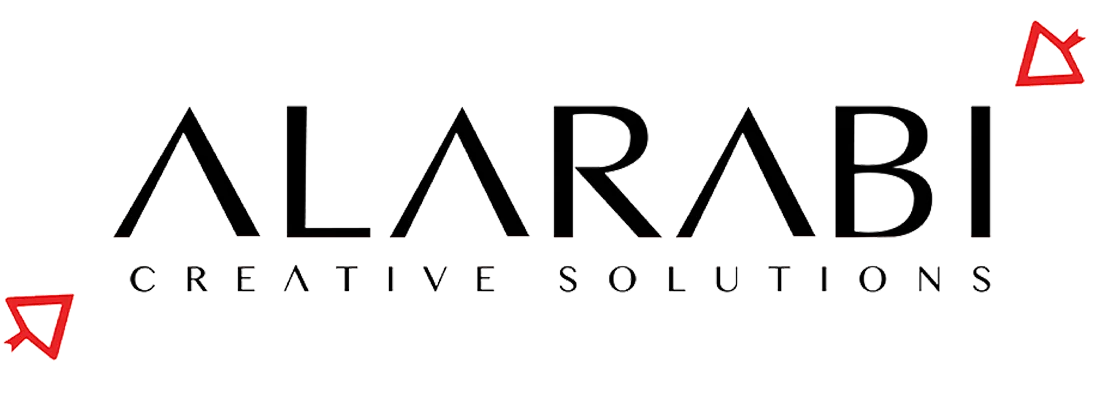Social media marketing (SMM) is one of the digital marketing types which concentrates on using social media platforms to connect with audiences to build a brand, increase sales, and drive website traffic. Its core elements involve publishing relevant content on various social networks, engaging with followers, analyzing performance metrics, and running social media advertisements.
SMM plays a crucial role in boosting customer engagement and meeting their measurable goals. With around 60% of the world’s population using social media (DataReportal), SMM is one of the most effective digital channels for precise targeting, increasing brand awareness, building loyalty, and driving conversions.
6 Key Differences between Social Media Marketing and Traditional Marketing
One thing that connects these two distinct approaches can be the overall goal – boosting brand visibility, increasing audience engagement, and driving sales. But social media and traditional marketing differ significantly in their approach, channels, and engagement methods.
Check out how SSM and traditional marketing differ in the 6 main areas:
1. Communication Channels
Social media marketing leverages popular platforms like Facebook and Instagram, which have massive user bases, to effectively connect with target audiences. In contrast, traditional marketing relies on channels such as TV, radio, or print, which offer broad reach but lack the precision targeting and interactivity of digital platforms.
2. Reach and Targeting
Digital marketing, particularly on social media platforms, allows for unparalleled precision in connecting with a desired audience and empowers many marketers to focus their efforts on the exact groups most likely to engage, converting visibility into meaningful results.
Offline marketing, where campaigns such as billboards or TV ads are broadcast to a general audience with little control over who sees the message.
3. Cost Efficiency
Social media platforms like Facebook and Instagram enable brands to launch social media campaigns with minimal budgets, making them accessible to businesses of all sizes. In contrast, traditional methods such as television commercials often require substantial investments in production and airtime, placing them out of reach for smaller businesses.
4. Measurability and Analytics
Measurability and analytics set social media marketing apart from traditional methods. Platforms offer real-time data and detailed metrics, enabling precise tracking of website visits, engagement, and conversions for better ROI. They also make it easier to monitor trends and create relevant campaigns.
In contrast, traditional channels like magazines and radio lack detailed feedback, relying on estimates or indirect metrics such as sales figures. While they can boost visibility and awareness, they provide limited insights into customer acquisition or engagement.
5. Flexibility
One of the greatest strengths of social media marketing compared to traditional methods is its unmatched flexibility. Social media platforms enable businesses to adjust strategies on the spot, update campaigns instantly, and experiment with new content formats in real time. Through data-driven insights, campaigns can be continuously optimized for maximum impact.
In contrast, traditional marketing channels like TV and print offer limited adaptability. Once an advertisement is produced and distributed, any changes demand significant time, effort, and additional production or distribution costs. This lack of agility makes it difficult to respond promptly to market changes.
6. Tools and Platforms
Traditional marketing through offline channels like newspapers, radio, and TV lacks real-time tracking and campaign adjustment tools. While it can reach a broad audience, it cannot match the flexibility and efficiency of social media marketing.
Social Media Marketing (SMM) leverages platforms like Facebook, Instagram, Twitter, LinkedIn, and TikTok, offering advanced advertising tools to create highly targeted, platform-specific campaigns. Combined with analytics, automation, and content scheduling tools, marketers can optimize performance, boost engagement, and achieve better results than any traditional method.
